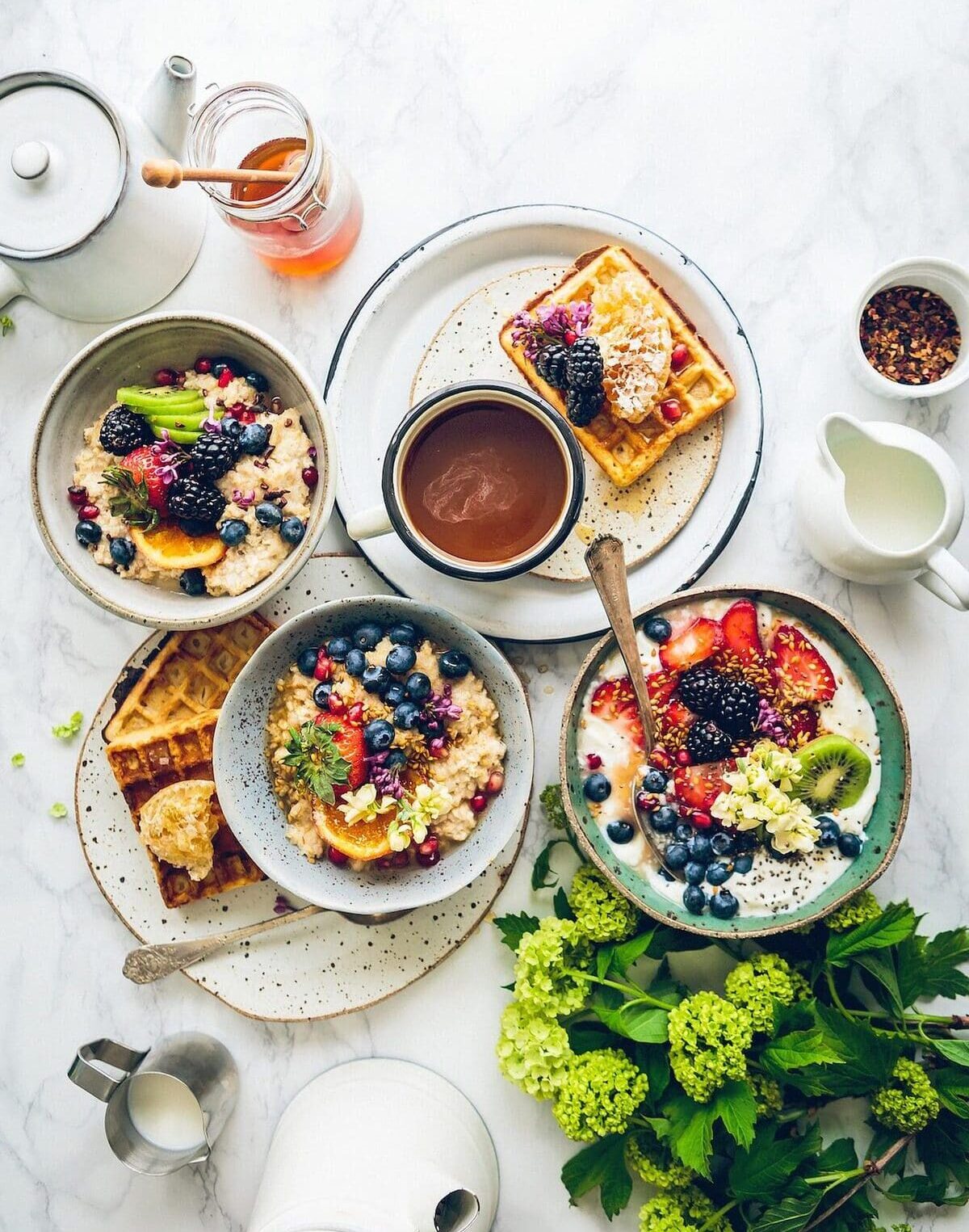
Best Foods to Eat When You Have a Headache/Migraine
Best Foods to Eat When You Have a Headache/Migraine
Best Foods to Eat When You Have a Headache/Migraine ---- If you're like me (who knows someone who deals with this), changes in the weather, seasonal changes, and even additional allergens in the air can prompt migraines and headaches. As someone who have known people who have struggled with migraines and headaches all my life, springtime can be a particularly challenging time to manage their symptoms.
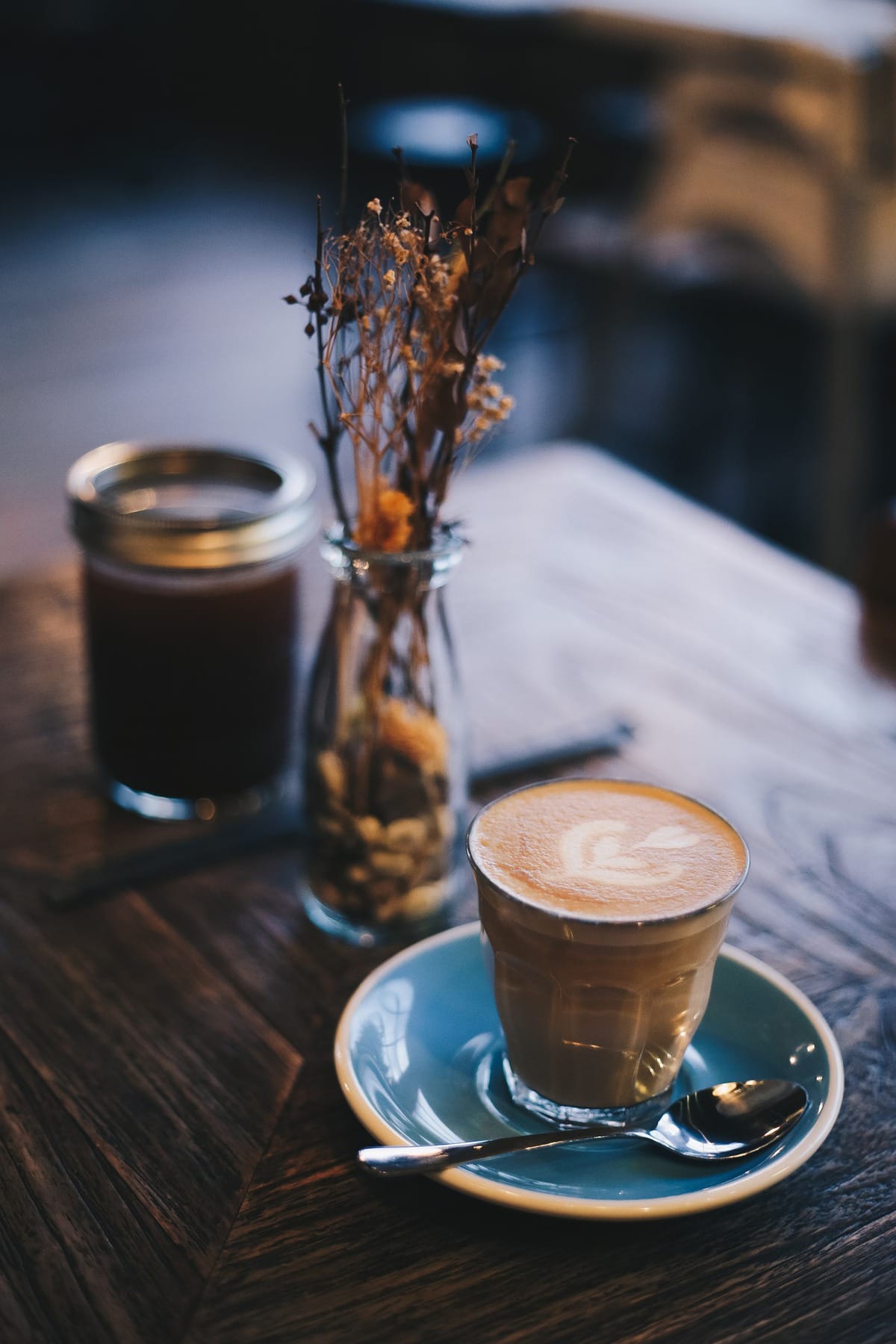
Once a headache or migraine is in full swing, you can help it diminish the symptoms by eating specific foods and avoiding foods that trigger your body. While everybody's headache or migraine triggers are different, here are some general rules on the best and worst foods to eat when you have a headache or a migraine.
What is a Migraine Diet?
A migraine diet is specific to every individual and can help to reduce the frequency and severity of headaches or migraines symptoms. There is no definitive migraine diet, but people may be able to monitor what they eat to identify foods that may trigger or relieve headaches and migraine symptoms.
While there is a bit of trial and error involved in determining your specific migraine diet, identifying even a few key triggers can help to improve your quality of life.
It is also essential to note what you are drinking and how that relates to your migraine or headache symptoms. Tracking your water, coffee, and sugary beverage intake can help identify triggers and potential relief from your migraine and headache symptoms. As a general rule, being well hydrated is an excellent preventative tactic to avoid dehydration symptoms similar to headaches or migraines.
Of course, you should always have these Jamaican herbs on hand as a remedy along with Essential oils which you may find helpful.
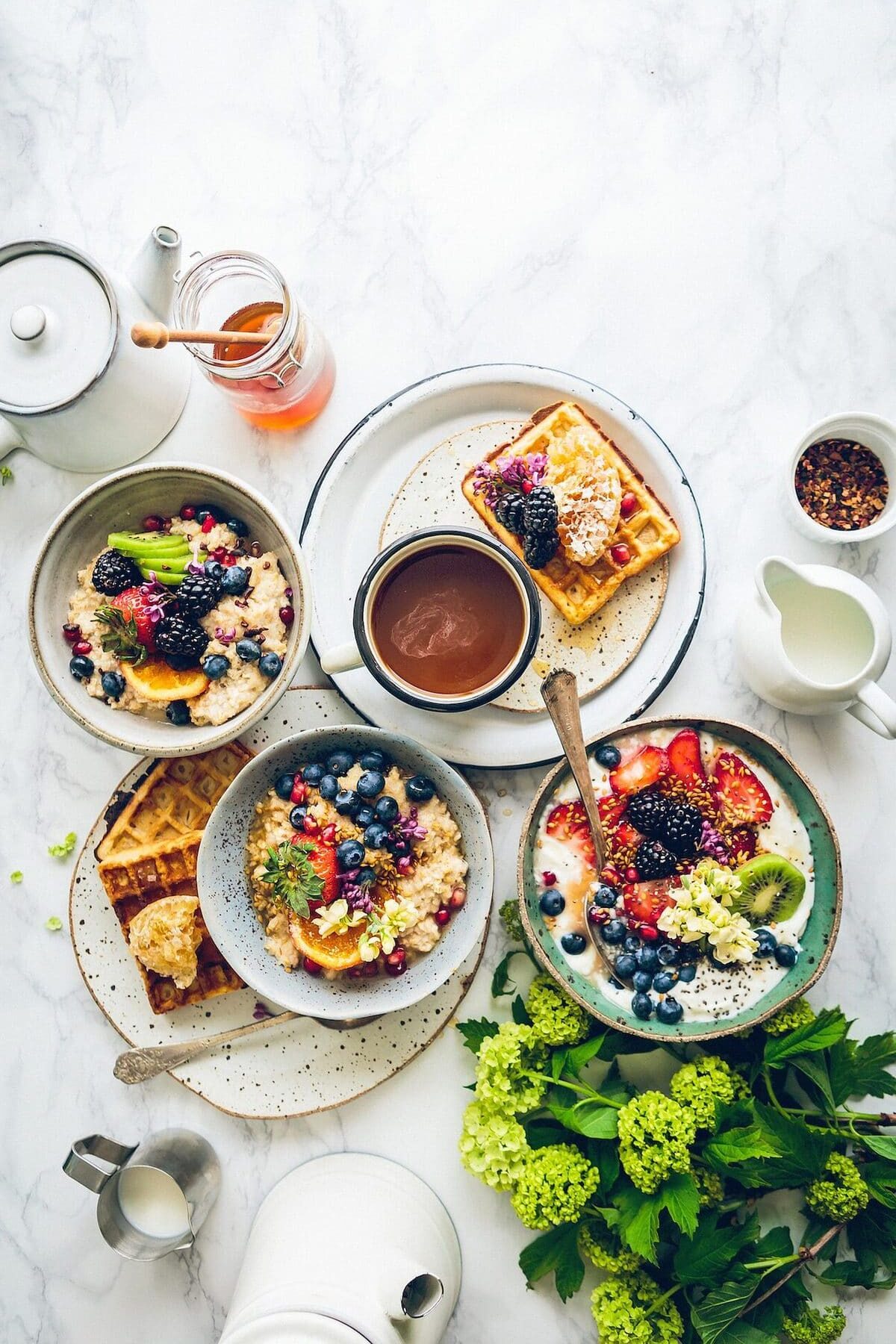
The Importance of Caffeine
One common misconception is that caffeine causes headaches and migraines. However, it is essential to note that powdered caffeine is often added to over-the-counter headache treatments and can help to reduce the severity of migraine and headache symptoms.
There is an extremely fine line when it comes to caffeine. The difference between the amount of caffeine that can reduce your migraines and the amount of caffeine that can trigger withdrawal symptoms varies from person to person.
According to the American Migraine Foundation, individuals prone to migraines and headaches should limit their daily caffeine intake to approximately 200 milligrams a day. It is also important to note that regularly consuming more than 100 mg of caffeine a day can contribute to a risk factor for headaches due to withdrawal symptoms.
So as you can see, it is a very delicate balance. Understanding your body and how it reacts to caffeine is an important first step in identifying triggers and preventive measures for your migraine and headaches.
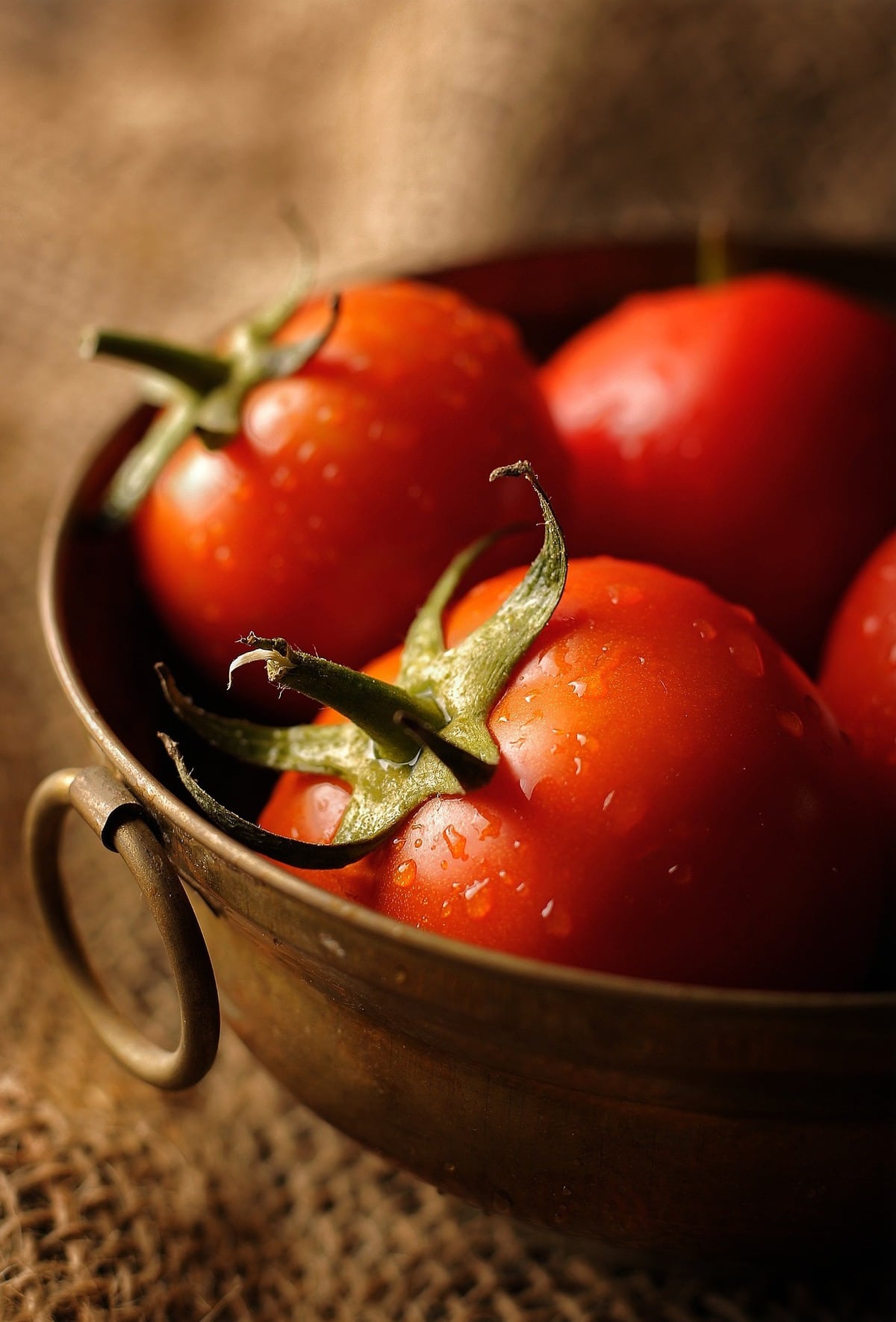
Best Foods to Eat When You Have a Headache/Migraine
As a general rule, eating a healthy, well-balanced diet can help prevent migraines and headaches. Your daily diet should consist of fresh, whole foods like fruits and vegetables, lean proteins, and whole grains.
Preservatives, such as MSG, can trigger migraines and headaches, so it is best to avoid highly processed foods and focus instead on fresh food. According to the Association of Migraine Disorders, typical triggering foods include preservatives, artificial flavorings, and yeast.
When suffering from a migraine or headache, it is best to eat bland foods to help minimize nausea and ensure your body is receiving the appropriate calorie intake. Many people don't feel like eating when they're suffering from a migraine or headache, but bland food is often easier to stomach and eat passively.
Helping to maintain steady blood sugar levels can also help to minimize the severity and frequency of migraines and headaches. Maintaining a healthy weight and eating several small meals a day can help balance your blood sugar, minimize your symptoms and make it easier to identify food triggers that may cause headaches or migraines.
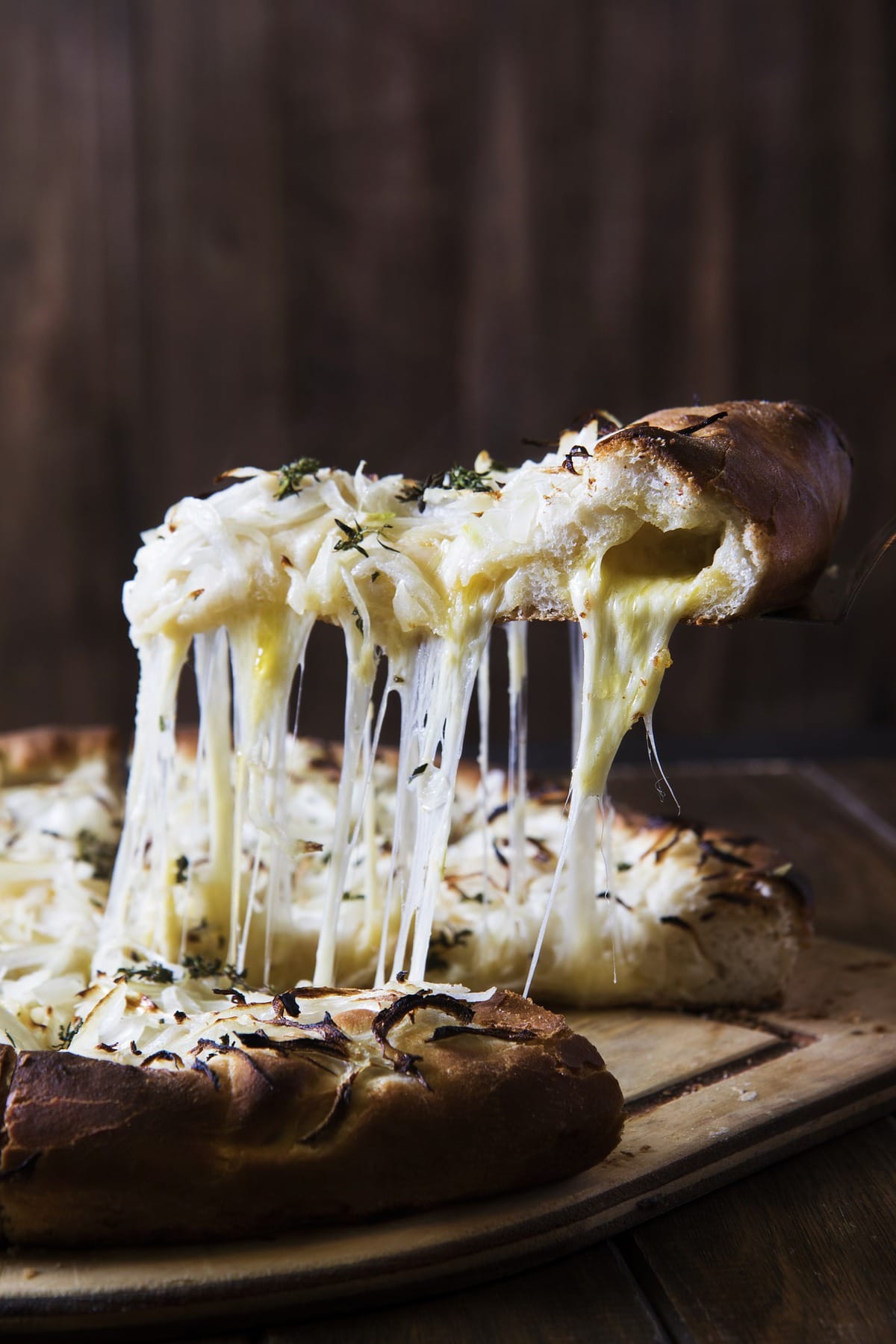
List of foods you should eat when you have a headache or a migraine:
- Bread such as white, rye, pumpernickel, or wheat bread. This bread must be bought from a store. Other great options are quick bread like zucchini or pumpernickel bread.
- Cereal is an excellent option if you're suffering from a migraine or headache but try to avoid varieties that contain dried fruits or nuts.
- To help calm nausea, I recommend plain pretzels and unflavored crackers such as saltines.
- It is important to stay well-nourished with lean proteins, such as fresh fish, lean beef, chicken, turkey, or pork.
- If you follow a vegetarian or vegan diet, you can also try poppy seeds, sesame seeds, pumpkin seeds or unflavored sunflower seeds to increase your protein intake.
- Fill up on fresh fruits and vegetables, including vegetables high in nightshade such as peppers and veggies high in starch such as potatoes, carrot, and cauliflower.
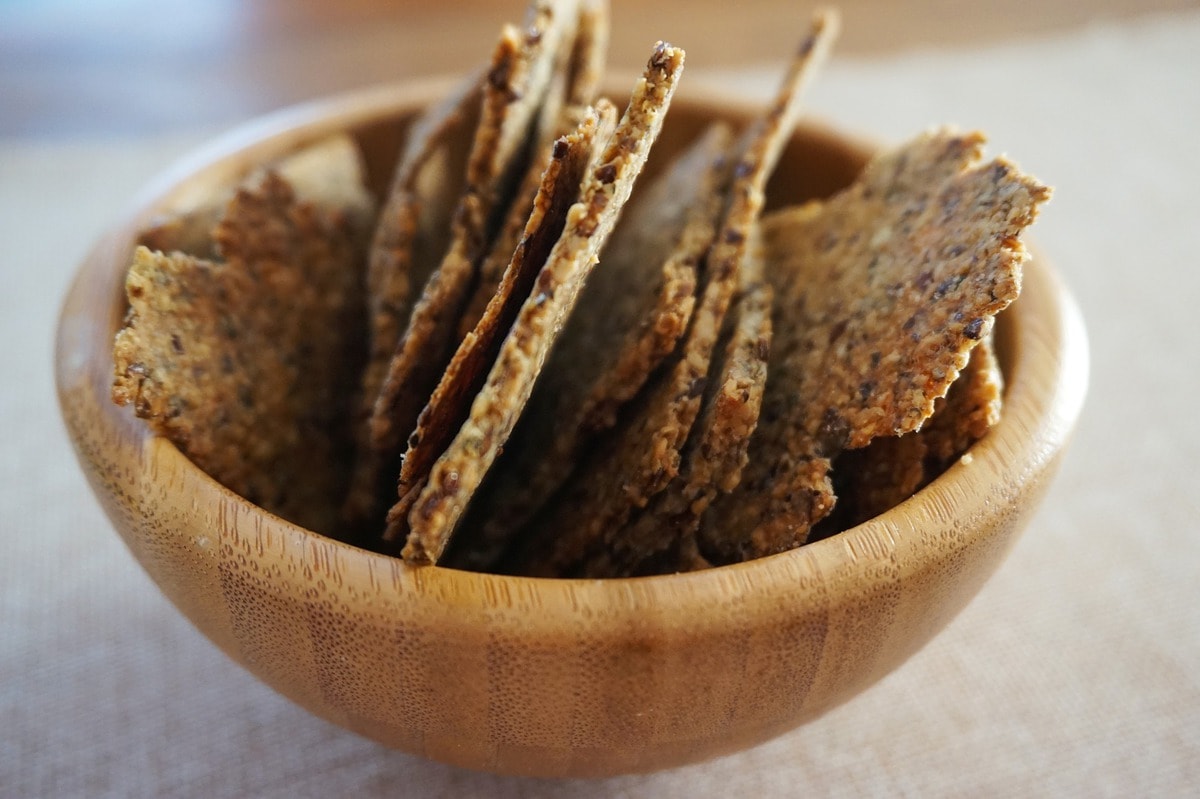
Foods to avoid when you have a headache or migraine
While it may be helpful to identify potential trigger foods, it is also important to know the foods that you should avoid when you are suffering from a migraine or headache.
Once you're in the thick of a migraine or headache, the foods you should be avoiding might be very different than the foods that you've identified as your trigger foods. It is best to avoid foods that are high in preservatives, high in artificial flavors, and high in sugar. These foods trigger blood sugar spikes that may cause additional migraine or headache symptoms.
Here is a list of some foods you should avoid when you have a headache or migraine:
- Homemade or grocery made fresh bread
- Pizza or soft pretzels
- Crackers or chips that are high in artificial flavors, such as cheddar cheese crackers or seasoned chips
- Avoid food full of artificial additives and flavors such as breaded meats, flavored popcorns, nut butter, or even marinated meats.
- Prepackaged salad dressings and dips such as pasta sauce or salsa. The bottled versions of these dressings and dips often contain additives and preservatives that can trigger migraines. It is best to avoid red wine vinegar as this is also shown to contribute to migraines.
- While fresh fruits and vegetables are highly encouraged when you have a migraine or headache, I recommend avoiding citrus fruit or fruits that may contain pollen. These allergens can contribute to migraine symptoms. These types of fruits include oranges, bananas, grapefruit, and raspberries.
- Avoid alcohol, chocolate, smoked fish, cured meats, and aged cheeses as these foods can be triggers for migraines and headaches.
How to Identify Your Migraine Triggers
For those who struggle with headaches or migraines, I highly recommend keeping a food journal and headache symptom journal so you can quickly identify trends that may indicate a possible food trigger for your headaches or migraines. Some people report an immediate reaction after eating a specific trigger food but others may not react for up to 24 hours after eating.
Once you have identified a trigger food, your next step should be to remove that potential trigger food from your diet to see if your migraine and headache symptoms subside. Using your food journal and headache tracker, you can help identify the proper foods to remove from your diet. This approach may seem cumbersome, but it will help ensure that you are not removing unnecessary foods from your diet instead of focusing on the specific triggers that influence your migraine and headaches.
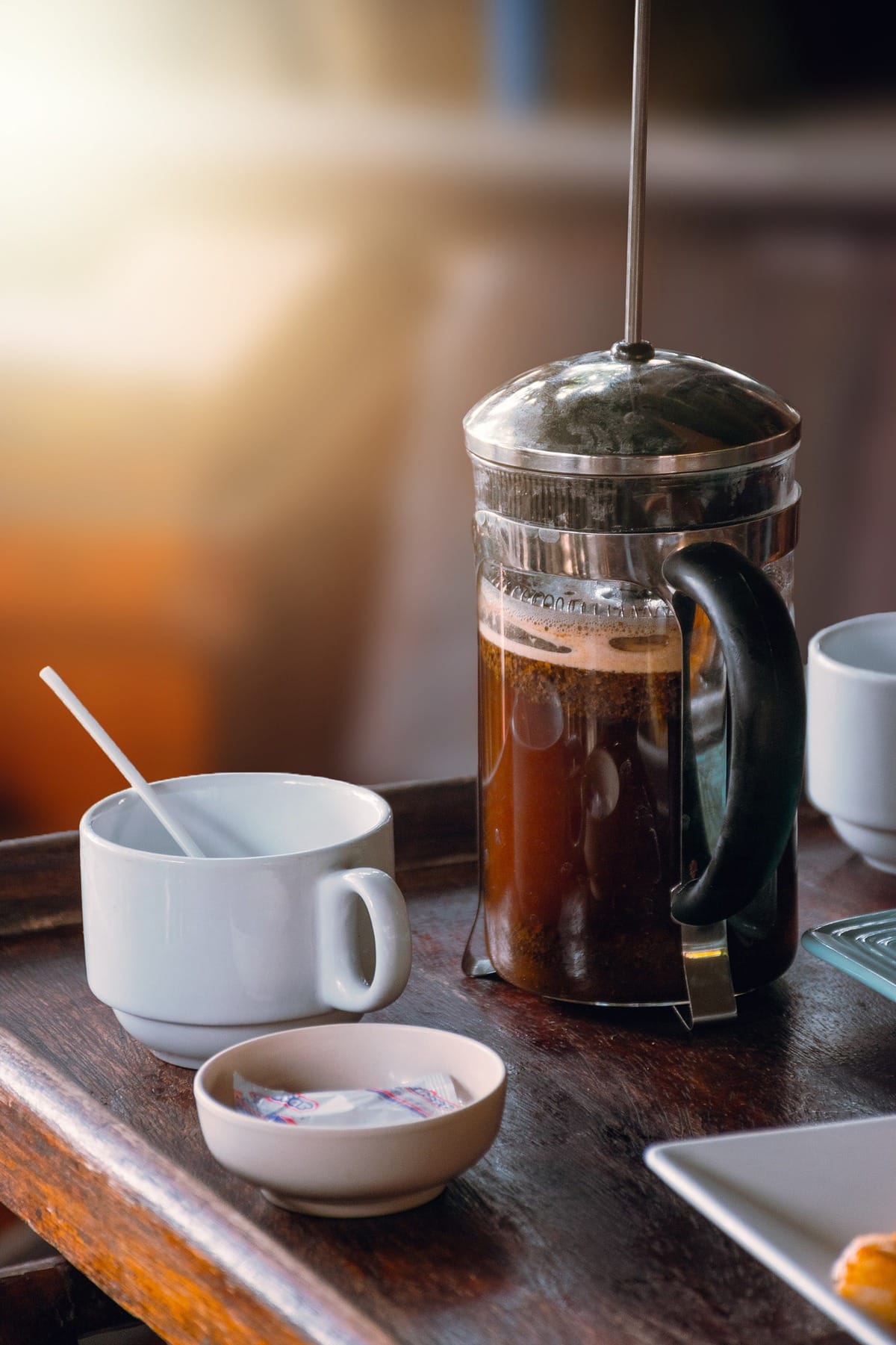
All in all, these are the Best Foods to Eat When You Have a Headache/Migraine. What foods trigger your headaches or migraines? Do you have specific foods that you eat when you feel a migraine or headache coming on? Let me know in the comments!


LOVE THIS RECIPE?
LET US KNOW!